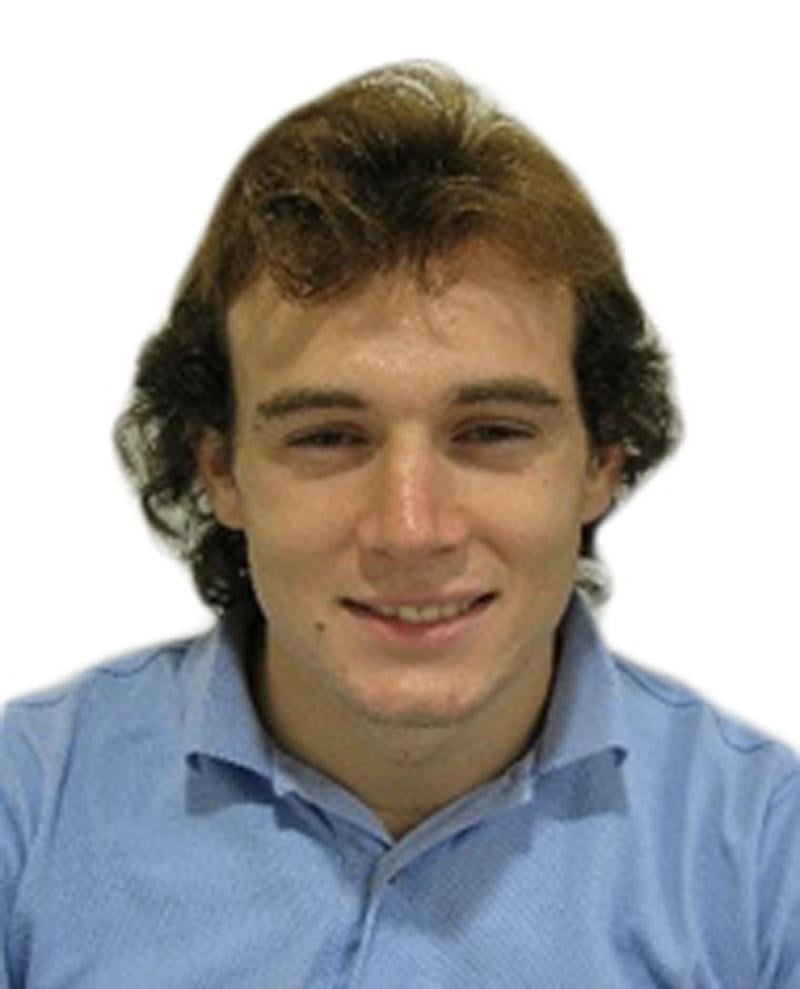The Daily’s profile piece on Anika Jhalani took me back four years ago. Jhalani’s globe trek during a gap year before coming to Northwestern was similar to my own journey after I graduated high school. I lived in Beijing, biking my rusty single-speed hunk of metal on its smoggy roads to classes. My days were my own: I found a local start-up where I interned. I took up handball and played in a tournament. I helped turn a warehouse into a children’s theater from scratch. I wandered Beijing’s ring roads aimlessly, convinced that I could make a massive city as familiar as my hometown. That year taught me how to live independently from the structure of school or family.
Time off should be a more common rite. Taken broadly, we are born, grow up in narrow confines, study, then work. These experiences, taken together, form a sort of tunnel for young people, a color-within-the-lines exercise. This path creates people who have similar goals because of shared experiences. We make decisions on the margins of our lives as adolescents with the illusion of increasing control. But truthfully, as we grow older we become less free — herded down a path to a job, a mortgage and a family.
The world needs more people who strike out on their own. A gap year can be the first truly independent experience in someone’s life. The 15 months between high school graduation and Wildcat Welcome give ample time to learn a new skill, language or hobby. But Jhalani realizes an important point: not having a particular goal can be as beneficial as having one. It says a lot to me about someone who would not know what to do with unlimited time off.
I have several friends who delayed college in some way. Some, like me, took to traveling or language learning. One friend went to a community college for a year and quickly realized the value of a bachelor’s degree. My brother Thomas interned for a member of Parliament while living in London. Each one came back with new stories, recharged batteries and broader views. A sabbatical enriches life.
A sabbatical for students makes sense. NU is not going anywhere, though it might cost more. The world will not leave you behind if you delay your next step for a year. No one cares if you graduate one year older than your peers. In my case, it actually put me back on the correct path.
This editorial column might not make sense since those reading it are students already in college. Some might think the window has passed. And I’m not advocating any regrets here. But consider the following: last week, I talked with a friend who is a skilled jiu-jitsu fighter. When not working, he spars four hours a day. He is also a senior applying for jobs. But he does not want to work; he wants to get his black belt. I told him that he should consider deferring his offer or applying for a postgraduate research grant. Then use his time to complete a goal he might not have enough time to do in the working world.
We work hard to retire early enough or wealthy enough to pursue our dreams. But old age is no time to start things. It should be spent remembering all of the adventures from earlier. And when my memory of Beijing becomes foggy, I can turn to my journal. Its pages will remind me of one of the best decisions I made in my life.
William McLaughlin is a Weinberg senior. He can be reached at [email protected]. If you want to respond publicly to this column, leave a comment or send a Letter to the Editor to [email protected].









